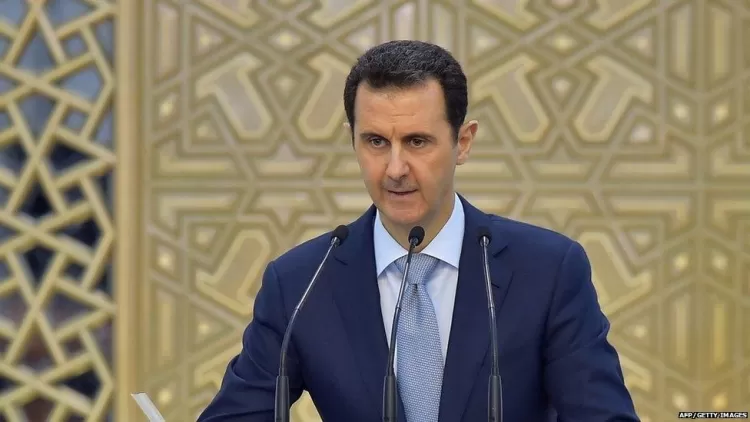Former Syrian Leader Bashar Al-Assad’s Cousin Arrested Amid Political Transition Najib Al-Assad Arrested in Latakia for Role in 2011 Crackdown
Syrian authorities have arrested Najib Al-Assad, a cousin of former leader Bashar Al-Assad, in the Latakia region, a long-standing stronghold of the Assad family. According to the Syrian National News Agency (SANA), Najib was involved in crushing the 2011 uprising, which later escalated into a brutal civil war.

His arrest comes shortly after Syria’s interim leader Ahmed Al-Shara issued a warning that individuals responsible for massacres and crimes against Syrians would be pursued and held accountable, whether inside Syria or abroad.
International Sanctions on Najib Al-Assad
Najib Al-Assad, who was once the head of the regime’s Political Security Branch, was sanctioned by both the United States and the European Union for his role in the violent suppression of anti-government protests in 2011. His detention signals a shift in Syria’s transitional leadership, as the new administration appears to be distancing itself from the Assad family’s legacy.
Syrian Resistance Engages in Military Operations
Meanwhile, the Syrian Resistance, an armed group affiliated with the former Assad regime, has claimed responsibility for attacks on Israeli forces in the buffer zone between Syria and Israel. The Israeli Defense Forces (IDF) confirmed that they had returned fire, but reported no casualties.
The Syrian Resistance also announced operations against both IDF and the forces of interim leader Ahmed Al-Shara, suggesting that pockets of Assad loyalists are still active and resisting the new leadership.
Regional Reactions and Diplomatic Engagements
- Egyptian President Abdel Fattah el-Sisi congratulated Ahmed Al-Shara on assuming Syria’s interim presidency, marking an official diplomatic recognition.
- Qatar’s Emir became the first head of state to visit Syria following Assad’s departure, signaling growing regional engagement with the new government.
Will Countries Recognize Syria’s Interim Government?
According to predictions from PolyMarket, countries are weighing their options regarding formal recognition of the new Syrian administration:
- Turkey is leading with a 61% chance of recognizing Al-Shara’s government by March 31.
- The United States has a much lower likelihood, with only a 5% chance of recognizing the new leadership.
As Syria transitions from decades of Assad rule, global and regional players are carefully assessing the stability and legitimacy of the interim government before making official endorsements.
The coming weeks will be crucial in determining whether Syria’s new leadership can consolidate power, establish domestic stability, and gain wider international recognition.
What's Your Reaction?

















